Home>Garden Essentials>Who Pays For Lawn Care In Rental
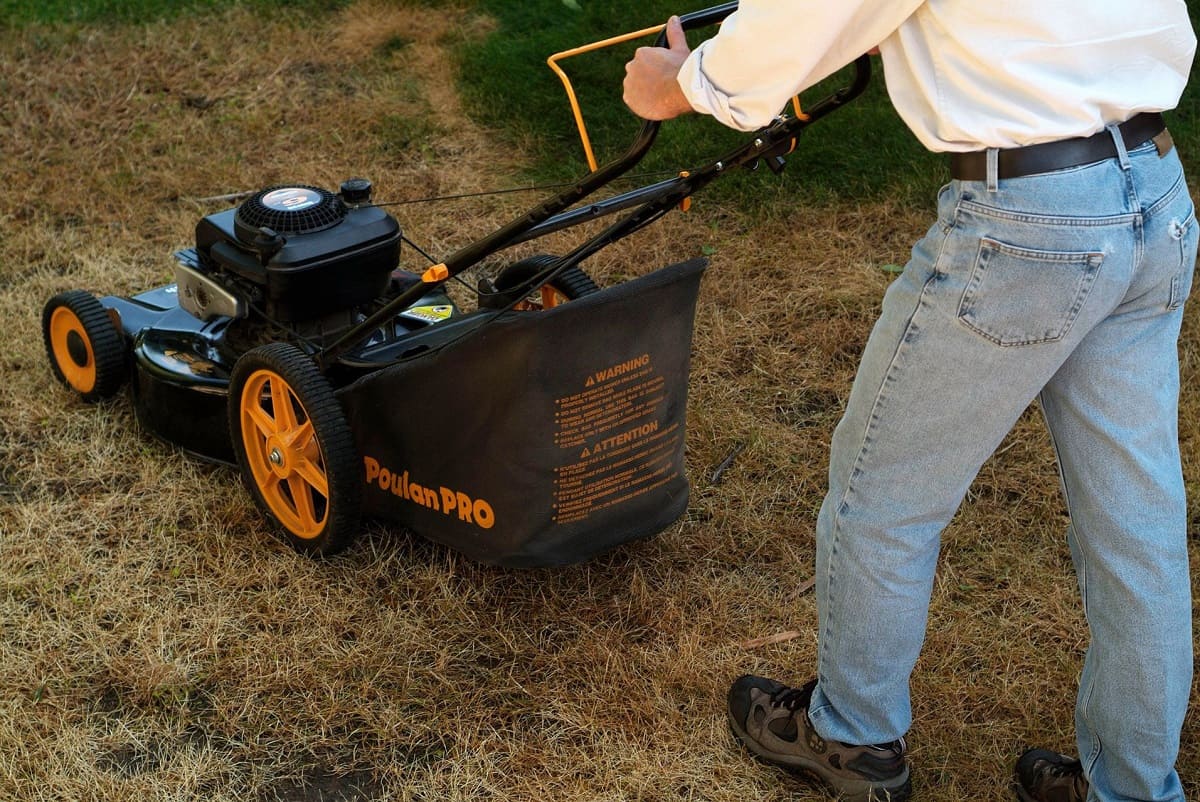

Garden Essentials
Who Pays For Lawn Care In Rental
Modified: March 7, 2024
Looking for answers on who is responsible for garden maintenance in a rental property? Discover who pays for lawn care and other garden upkeep in rental agreements.
(Many of the links in this article redirect to a specific reviewed product. Your purchase of these products through affiliate links helps to generate commission for Storables.com, at no extra cost. Learn more)
Introduction
Renting a property comes with many benefits, such as flexibility and not having the long-term commitment of homeownership. However, it also comes with certain responsibilities and considerations. One of the common questions that arise in rental agreements is who takes care of the lawn. Does the landlord handle it, or is it the tenant’s responsibility? Understanding the dynamics of lawn care in a rental property is essential for both landlords and tenants to ensure a well-maintained and enjoyable living environment.
When it comes to renting a property, it is crucial to familiarize yourself with the terms and conditions outlined in your rental agreement. This document serves as a binding contract between the landlord and the tenant, outlining the rights, responsibilities, and obligations of each party. It typically covers various aspects, including rent payments, maintenance, and repairs.
While rental agreements can vary, there are general guidelines regarding the responsibilities of landlords and tenants. Landlords are generally required to ensure that the property is habitable and in good condition upon move-in. This includes addressing any structural issues, electrical problems, and maintaining the overall safety and functionality of the property.
On the other hand, tenants are responsible for maintaining the cleanliness and general upkeep of the property during the lease term. This includes routine cleaning, replacing light bulbs, and reporting any maintenance issues to the landlord or property management.
The issue of lawn care often arises when there is a yard or outdoor space included in the rental property. Landlords may have different preferences or expectations regarding the appearance and maintenance of the lawn. Some landlords may take care of all landscaping needs, including mowing, watering, and trimming, while others may leave the responsibility to the tenant.
So, who typically pays for lawn care in a rental property? The answer may vary depending on various factors. Let’s delve further into these considerations to help shed light on this matter.
Key Takeaways:
- Clear communication and understanding are key in determining lawn care responsibilities in rental properties. Both landlords and tenants can negotiate and document their agreed-upon responsibilities to ensure a well-maintained lawn.
- Landlords and tenants can work together to create a fair and practical arrangement for lawn care. By considering factors like property size, local regulations, and shared responsibility, they can maintain a beautiful outdoor space.
Read more: Who Pays For The Home Inspection
Understanding Rental Agreements
When entering into a rental agreement, it is important for both landlords and tenants to have a clear understanding of their rights and responsibilities. Rental agreements, also known as lease agreements, outline the terms and conditions of the rental arrangement and serve as a legally binding contract between the parties involved.
Typically, rental agreements include important details such as the duration of the lease, the amount of rent, and any specific rules or restrictions pertaining to the property. These agreements can vary in length and complexity, depending on the landlord’s preferences and local regulations.
One crucial factor to consider when examining a rental agreement is the section that addresses maintenance and repairs. This section outlines the responsibilities of the landlord and the tenant when it comes to caring for the property.
Landlords are generally responsible for maintaining the property and ensuring that it meets certain habitability standards. This includes addressing structural issues, maintaining essential utilities, and keeping common areas clean and safe. However, the specific obligations of the landlord may vary by location and local regulations.
Tenants, on the other hand, are typically responsible for their day-to-day upkeep of the rented premises. This includes tasks such as regular cleaning, replacing light bulbs, and minor repairs that do not require professional assistance. Tenants are also responsible for promptly reporting any maintenance issues or damages to the landlord or property management.
However, it is essential to carefully review the rental agreement to determine if there are any specific clauses regarding lawn care. Some agreements may explicitly state that the landlord is responsible for lawn maintenance, while others may leave it up to the tenant. In some cases, there may be provisions for shared responsibility, where both parties contribute to the upkeep of the lawn and outdoor areas.
It is worth noting that while the rental agreement sets the baseline for responsibilities, it is not set in stone. Landlords and tenants can negotiate and agree upon different arrangements as long as both parties are in mutual agreement.
Understanding the terms and conditions of the rental agreement is crucial for resolving any potential disputes or misunderstandings regarding lawn care. If there is any confusion or ambiguity, it is advisable for both landlords and tenants to communicate and clarify their expectations to avoid unnecessary disagreements down the line.
In the next section, we will discuss the specific responsibilities of landlords and tenants when it comes to lawn care in a rental property.
Responsibilities of Landlords
As a landlord, you have important obligations when it comes to maintaining your rental property. While specific responsibilities may vary depending on local laws and regulations, there are some general guidelines regarding your role in lawn care. Understanding and fulfilling these responsibilities will help create a positive living environment for your tenants.
1. Providing a habitable property: One of the primary responsibilities of landlords is to provide a safe and habitable living space for tenants. This includes ensuring that the lawn and outdoor areas are well-maintained. Regular mowing, trimming, and weed control are typically expected to maintain an aesthetically pleasing and functional outdoor space.
2. Initial landscaping: When a new tenant moves into your rental property, it is common for the landlord to have the lawn in good condition. This may involve tasks such as preparing the soil, seeding or laying sod, and installing irrigation systems. Starting with a well-maintained lawn sets the foundation for tenants to easily maintain its appearance.
3. Major landscaping tasks: Landlords are generally responsible for major landscaping tasks that may require professional services or expertise. This can include tree removal, large-scale landscaping projects, and irrigation system repairs. These tasks often fall under the responsibility of the landlord, as they require specialized knowledge and can impact the overall value and functionality of the property.
4. Regular maintenance and repairs: While tenants are responsible for day-to-day upkeep, landlords are responsible for necessary lawn maintenance and repairs that go beyond the capabilities of tenants. This can include tasks such as repairing damaged sprinkler systems, addressing drainage issues, or fixing broken fences. Regular inspections and proactive maintenance measures can help identify and rectify any issues before they escalate.
5. Providing necessary tools and equipment: Landlords may be expected to provide tenants with the necessary tools and equipment to maintain the lawn effectively. This can include lawnmowers, garden tools, and watering hoses. By providing these items, landlords make it easier for tenants to fulfill their responsibilities and maintain the lawn.
It is important to note that while landlords have these general responsibilities, each rental agreement can differ. Some landlords may choose to handle all aspects of lawn care themselves, while others may hire professional landscaping services and pass on the cost to tenants. It is crucial to establish clear guidelines in the rental agreement to avoid confusion.
By fulfilling your responsibilities as a landlord, you not only create a positive living experience for your tenants but also maintain the overall condition and value of your rental property. In the next section, we will dive into the responsibilities tenants typically have when it comes to lawn care in a rental property.
Responsibilities of Tenants
As a tenant renting a property, you have certain responsibilities when it comes to maintaining the lawn and outdoor areas. Understanding and fulfilling these responsibilities will not only keep the property looking its best but also contribute to a positive living environment for you and your neighbors.
1. Routine lawn maintenance: Tenants are typically responsible for routine lawn maintenance tasks such as mowing the grass, trimming the edges, and keeping the lawn free of weeds. Regular lawn care helps maintain the appearance and health of the grass and contributes to the overall cleanliness of the property.
2. Watering and fertilizing: It is usually the tenant’s responsibility to water the lawn and apply fertilizers or nutrients as needed. Consistent watering helps keep the grass lush and healthy, while proper fertilization promotes growth and prevents weed infestation. Following any guidelines or restrictions provided by the landlord or local authorities is essential.
3. Raking and removing debris: Tenants are responsible for keeping the lawn free of debris, such as fallen leaves, branches, and other litter. Regular raking or sweeping helps maintain the aesthetic appeal of the lawn and prevents potential issues like mold or pests from arising.
4. Reporting maintenance issues: Tenants should promptly report any maintenance issues related to the lawn or outdoor areas to the landlord or property management. This includes concerns such as broken sprinklers, drainage problems, or significant yard damage that may require professional attention.
5. Compliance with rules and regulations: Tenants should also adhere to any rules or regulations outlined by the landlord regarding lawn care. This may include restrictions on the use of certain chemicals, the presence of pets on the lawn, or any specific guidelines for maintaining specific areas of the outdoor space.
It is important to note that while tenants are responsible for day-to-day lawn care, major landscaping tasks and repairs typically fall under the landlord’s responsibilities. If there are any significant issues that go beyond the capabilities of the tenant, it is crucial to communicate these concerns to the landlord or property management for appropriate action.
Furthermore, open and transparent communication between the tenant and landlord is essential in fostering a positive relationship and addressing any potential conflicts or misunderstandings regarding lawn care responsibilities. By fulfilling your obligations as a tenant, you contribute to creating a well-maintained and enjoyable living environment for yourself and your neighbors.
In the next section, we will discuss the issue of lawn care in more depth and explore who typically pays for lawn care in a rental property.
The Issue of Lawn Care
Lawn care is an important aspect of maintaining a rental property. A well-kept lawn enhances the curb appeal, creates a pleasant living environment, and can even increase the property’s value. However, the responsibility for lawn care in a rental property can often be a source of confusion and disagreement between landlords and tenants.
The issue of lawn care arises from differing expectations and preferences. Some landlords may have specific guidelines for how they want their lawn to be maintained, while some tenants may lack the knowledge or resources to properly care for the lawn. Additionally, each rental agreement may have varying provisions regarding lawn care responsibilities.
It is essential for both landlords and tenants to communicate and establish clear expectations regarding lawn care from the outset of the rental agreement. This can help prevent disputes and ensure that the lawn is maintained to the satisfaction of all parties involved.
Another factor to consider is the size and complexity of the lawn. Larger properties with extensive landscaping may require more time, effort, and resources to maintain properly. In such cases, it may be more practical to divide responsibilities or negotiate terms that reflect the effort required to upkeep the lawn.
Additionally, climate and seasonal changes play a role in determining the extent of lawn care needed. Regions with harsh winters or dry summers may require special attention to protect the lawn during unfavorable weather conditions. Understanding these factors can help both landlords and tenants plan and adapt their lawn care routines accordingly.
Ultimately, the aim should be to ensure that the lawn is well-maintained, regardless of who is responsible for its care. A lush and attractive lawn enhances the overall appeal of the rental property and provides a welcoming outdoor space for tenants to enjoy.
In the next section, we will explore who typically pays for lawn care in a rental property and discuss the factors that may influence this decision.
In most cases, the responsibility for lawn care in a rental property falls on the landlord. However, it’s important to review your lease agreement to confirm who is responsible for maintaining the lawn. If it’s not specified, you can discuss it with your landlord to clarify.
Read more: Who Pays For Plumbing When Renting
Who Typically Pays for Lawn Care?
The responsibility for lawn care in a rental property can vary depending on several factors, including local regulations, the terms of the rental agreement, and the preferences of both the landlord and tenant. While there is no one-size-fits-all answer, there are some general guidelines to consider.
1. Landlord pays for lawn care: In some cases, landlords may choose to include lawn care as part of the rental package, and therefore, they bear the responsibility for maintaining the lawn. This can encompass tasks such as mowing, watering, fertilizing, and general landscaping. Landlords who opt for this arrangement often hire professional landscapers or have dedicated property management personnel to handle these tasks.
2. Tenant pays for lawn care: Alternatively, some rental agreements may explicitly state that the tenant is responsible for lawn care. In such cases, tenants are required to maintain the lawn by regularly mowing, watering, and performing other necessary lawn care tasks. The tenant is typically expected to provide their own equipment and resources for maintaining the lawn.
3. Shared responsibility: In certain instances, both the landlord and tenant may agree to share the responsibility for lawn care. This arrangement allows for a collaborative effort, with each party taking on specific tasks or contributing to the overall upkeep of the lawn. For example, the landlord may handle more significant landscaping tasks, while the tenant takes care of routine maintenance.
4. Separate lawn care fees: Some landlords may charge an additional fee for lawn care services, regardless of whether they handle the tasks themselves or hire outside professionals. This fee is typically included in the monthly rent and covers the cost of maintaining the lawn throughout the tenancy. It is important for tenants to carefully review the rental agreement to understand if any additional fees for lawn care are specified.
Factors such as the size of the property, the complexity of the landscaping, and the local climate can influence the decision on who pays for lawn care. Larger properties or those with elaborate gardens may require more extensive maintenance, which could affect the allocation of responsibilities. Additionally, regional regulations or homeowners’ association rules may also dictate who is responsible for lawn care in rental properties within certain communities.
It is crucial for both landlords and tenants to have a clear understanding of their respective responsibilities regarding lawn care. Open and transparent communication is key in establishing expectations and avoiding any misunderstandings or conflicts. If any doubts or disagreements arise, it is advisable to consult the rental agreement and, if necessary, seek legal advice to ensure compliance with local laws and regulations.
In the next section, we will explore factors to consider when determining lawn care responsibilities in a rental property.
Factors to Consider
Determining the responsibilities for lawn care in a rental property involves considering various factors to ensure a fair and practical arrangement for both the landlord and tenant. By taking these factors into account, you can establish clear expectations and avoid potential conflicts or misunderstandings.
1. Rental agreement: The terms and conditions outlined in the rental agreement are a crucial starting point. Review the agreement carefully to see if there are any specific clauses or provisions related to lawn care. It may explicitly state who is responsible for maintaining the lawn or whether there are any additional fees for this service.
2. Property size and complexity: The size and complexity of the property’s outdoor space are important factors to consider. A small, low-maintenance lawn may be more manageable for a tenant to upkeep, while a larger property with extensive landscaping may require professional care or additional resources. Assess the level of effort required to maintain the property and consider how this aligns with the available resources of both the landlord and tenant.
3. Tenant’s skill and availability: Consider the tenant’s level of skill and knowledge when it comes to lawn care. Some tenants may have a green thumb and enjoy taking care of the lawn, while others may lack the necessary expertise or time. Assess the tenant’s capabilities and their willingness to fulfill the responsibilities associated with lawn care.
4. Local regulations and climate: Familiarize yourself with any local ordinances or regulations related to lawn care. Certain areas may have specific guidelines regarding watering restrictions, maintaining specific grass heights, or the use of certain chemicals. Consider the climate of the area as well, as it may impact the level of maintenance required to keep the lawn healthy and attractive.
5. Landlord’s expectations and preferences: Understand the preferences of the landlord regarding the appearance and maintenance of the lawn. Some landlords may have specific standards or expectations, while others may be more lenient. Communicate openly and discuss any preferences or guidelines provided by the landlord to ensure alignment and prevent misunderstandings.
6. Previous arrangements or practices: If the rental property has had previous tenants, it can be helpful to consider any arrangements or practices regarding lawn care that were observed in the past. It can provide insights into what has worked well or what may need improvement in terms of maintaining the lawn.
By considering these factors, both landlords and tenants can collaboratively determine the most suitable approach to lawn care in a rental property. Clear communication, flexibility, and a willingness to find a mutually beneficial arrangement are key to creating a positive living environment.
In the next section, we will explore how to negotiate lawn care responsibilities and come to a fair agreement between landlords and tenants.
Negotiating Lawn Care Responsibilities
Negotiating lawn care responsibilities in a rental property involves open communication and finding a fair and practical arrangement that works for both landlords and tenants. By following these steps, you can navigate the negotiation process and establish clear expectations regarding lawn care.
1. Initiate a conversation: Begin by discussing lawn care with your landlord or tenant. Express your thoughts, preferences, and concerns regarding lawn maintenance. This will set the stage for a constructive discussion to find a mutually agreeable arrangement.
2. Understand each other’s perspectives: Take the time to listen and understand the perspectives of both parties. Landlords may have specific expectations or concerns regarding the appearance and upkeep of the lawn, while tenants may have limitations in terms of time, expertise, or available resources. Consider each other’s viewpoints to find a middle ground.
3. Evaluate resources and capabilities: Assess the resources and capabilities of both parties. Consider factors such as the tenant’s skill level in lawn care, the landlord’s preference for professional maintenance, or the availability of tools and equipment. Understanding these aspects will help determine the feasibility of various responsibilities.
4. Consider shared responsibility: Discuss the possibility of shared responsibility for lawn care. This can involve dividing tasks between the landlord and tenant, with each party taking on specific responsibilities based on their capabilities and availability. For example, the landlord may handle major landscaping tasks, while the tenant takes care of routine maintenance.
5. Explore outsourcing options: If both parties prefer not to handle lawn care personally, explore the option of outsourcing these tasks. This can involve hiring a professional landscaping service that either the landlord or tenant covers financially. Discuss the cost-sharing arrangement to reach an agreement that is fair for both parties.
6. Clarify expectations in writing: Once an agreement has been reached, it is crucial to document the agreed-upon responsibilities in writing. This can be an addendum to the existing rental agreement or a separate document specifying the lawn care arrangement. Clearly outline the tasks, frequency, and any other pertinent details to ensure clarity for both parties.
7. Regular communication and reviews: Maintain open lines of communication throughout the tenancy. Schedule regular check-ins to discuss the condition of the lawn, address any concerns, and make adjustments if necessary. This ongoing communication will help maintain a positive relationship and ensure that the lawn care arrangement is meeting the expectations of both parties.
Remember, successful negotiation is about finding common ground and reaching a solution that works for both landlords and tenants. Flexibility, understanding, and a willingness to compromise are essential in creating a fair and sustainable lawn care agreement.
In the concluding section, we will summarize the key points discussed and emphasize the importance of clear communication and collaboration in maintaining the lawn in a rental property.
Conclusion
When it comes to lawn care in a rental property, determining the responsibilities can sometimes be a complex and delicate matter. However, by following some key considerations and engaging in open communication, both landlords and tenants can establish a fair and practical arrangement that ensures the lawn is well-maintained.
Understanding the terms of the rental agreement, evaluating factors such as property size and complexity, considering local regulations and climate, and taking into account the landlord’s preferences and the tenant’s capabilities are crucial steps in navigating the issue of lawn care. By considering these factors, both parties can negotiate a mutually agreeable arrangement that meets everyone’s needs.
Whether the landlord assumes full responsibility, the tenant takes on the task, or a shared responsibility arrangement is agreed upon, documenting the agreed-upon responsibilities in writing is essential. Having a clear and concise agreement helps avoid misunderstandings and provides a reference point for both parties.
Open and ongoing communication is vital throughout the tenancy. Regular check-ins, discussing any concerns or adjustments, and maintaining a transparent relationship enable both landlords and tenants to address any issues promptly and ensure that the lawn care arrangement is working effectively.
Ultimately, the goal is to establish a well-maintained lawn that enhances the rental property’s curb appeal and creates a pleasant living environment for tenants. By working together and finding a fair solution, landlords and tenants can foster a positive relationship and ensure the ongoing care of the lawn.
In conclusion, lawn care responsibilities in a rental property can be determined through clear communication, understanding each other’s perspectives, and considering various factors. By finding a mutually agreeable arrangement, both landlords and tenants can maintain a beautiful and inviting lawn, contributing to a positive renting experience for all parties involved.
Frequently Asked Questions about Who Pays For Lawn Care In Rental
Was this page helpful?
At Storables.com, we guarantee accurate and reliable information. Our content, validated by Expert Board Contributors, is crafted following stringent Editorial Policies. We're committed to providing you with well-researched, expert-backed insights for all your informational needs.
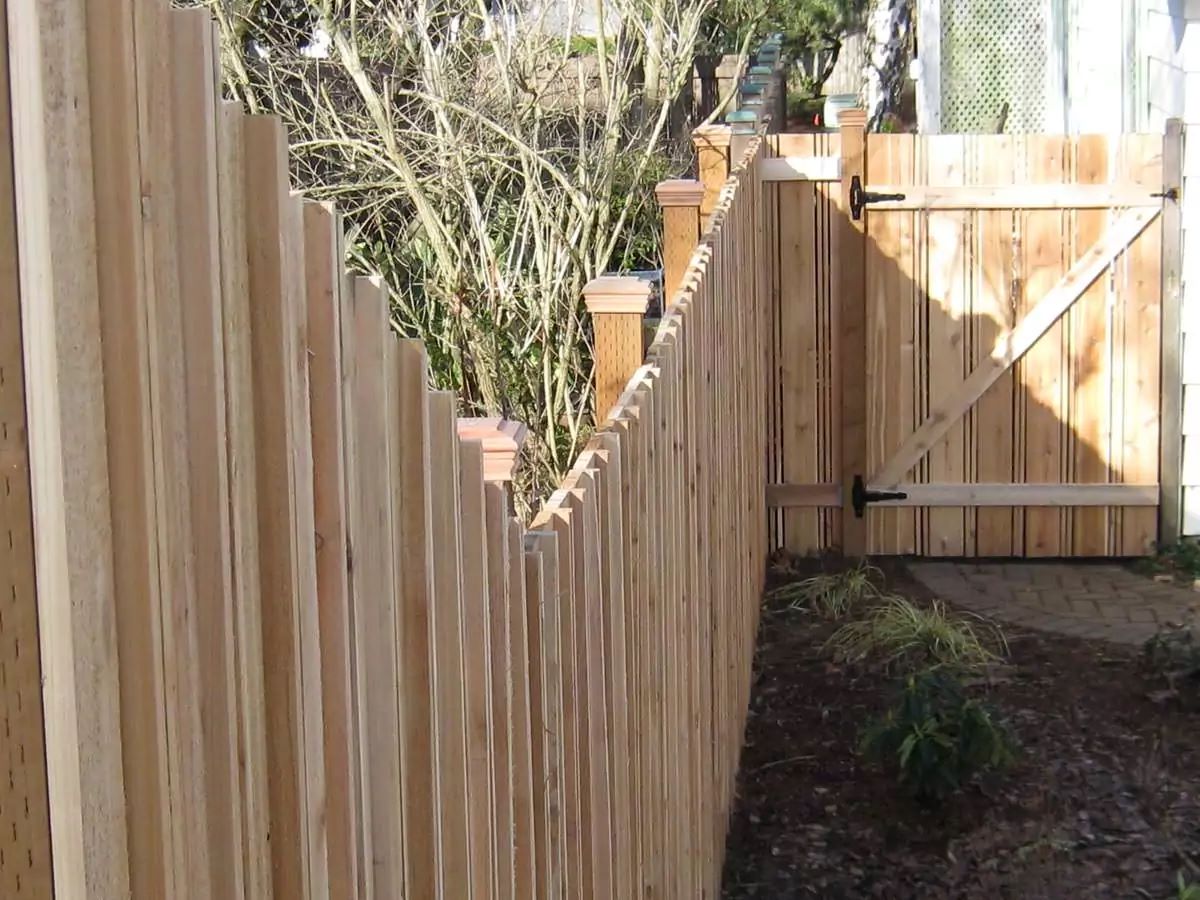


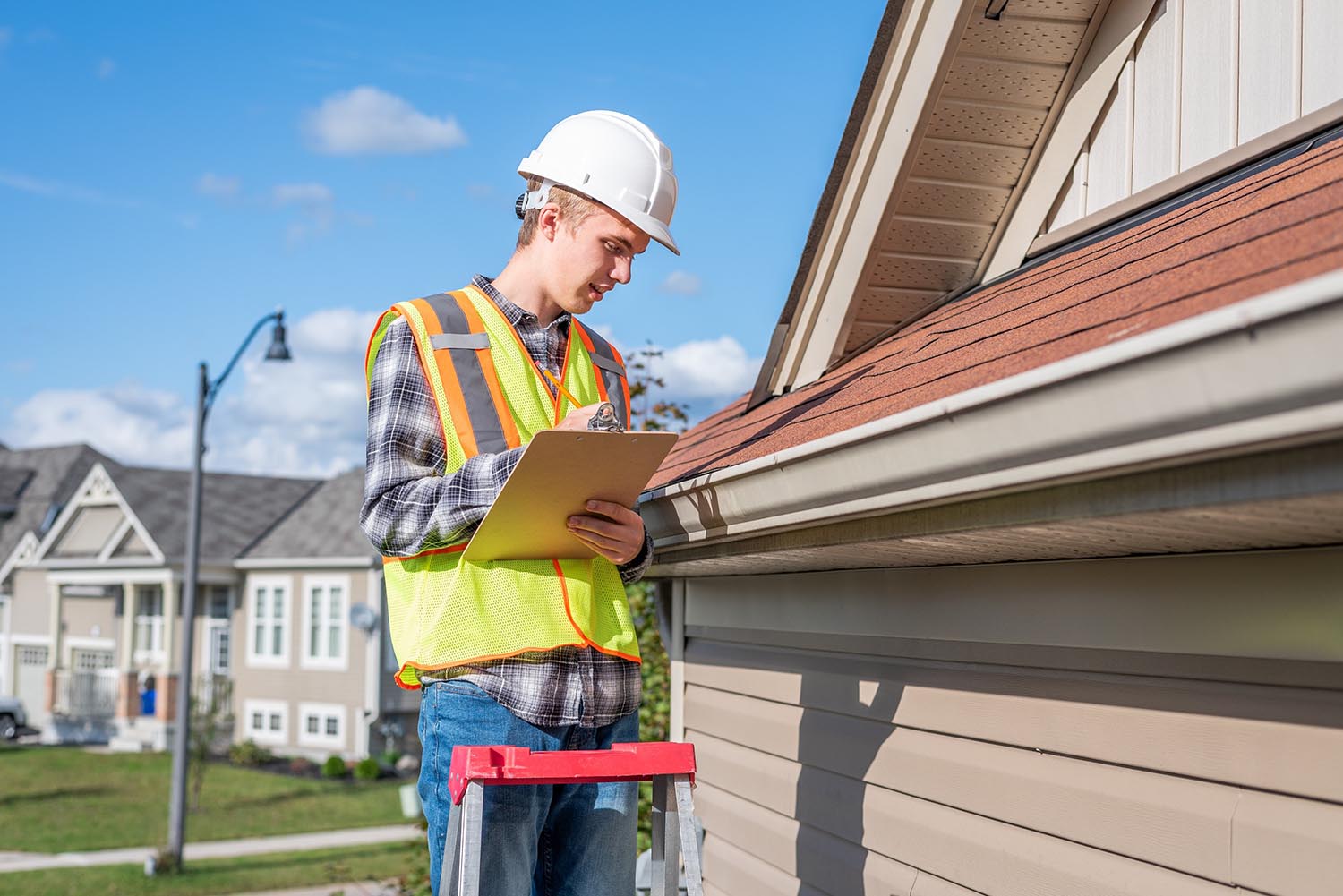

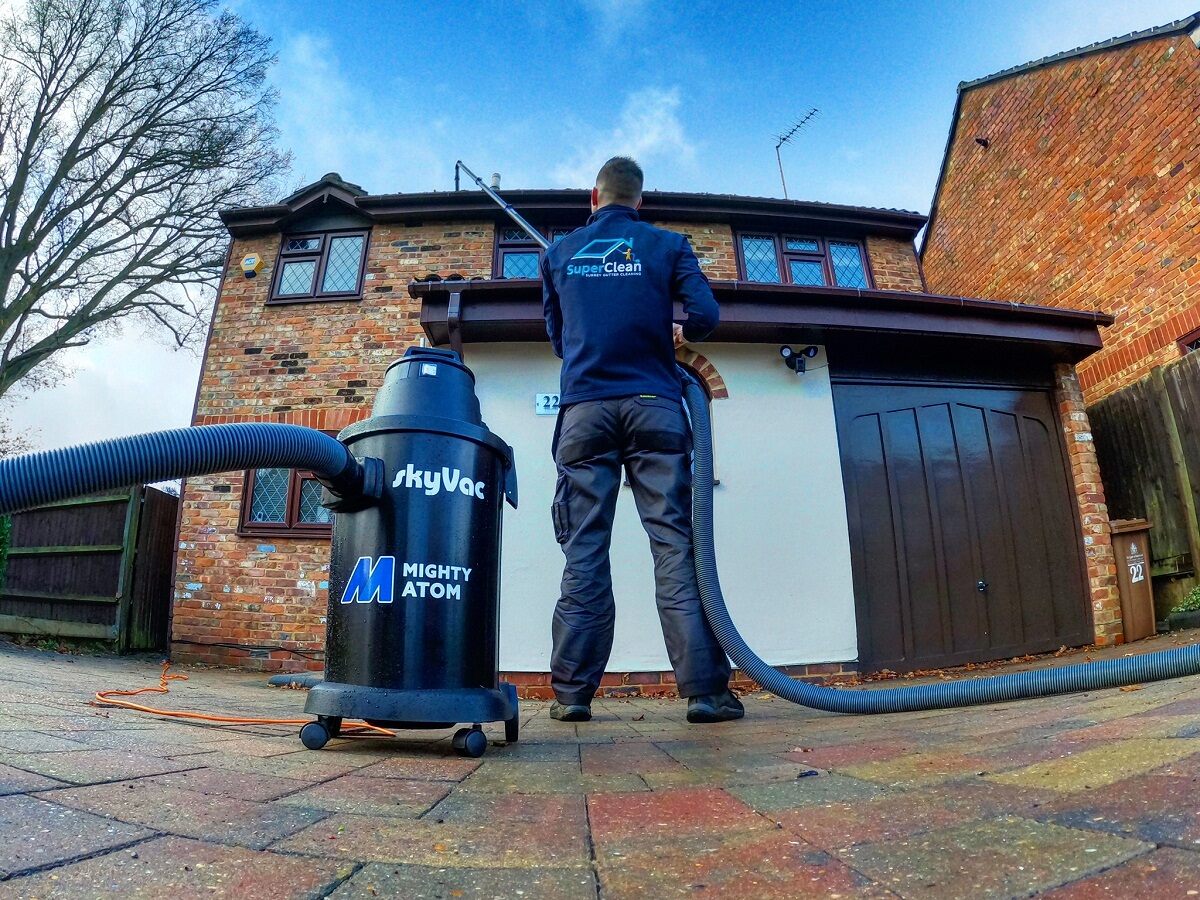
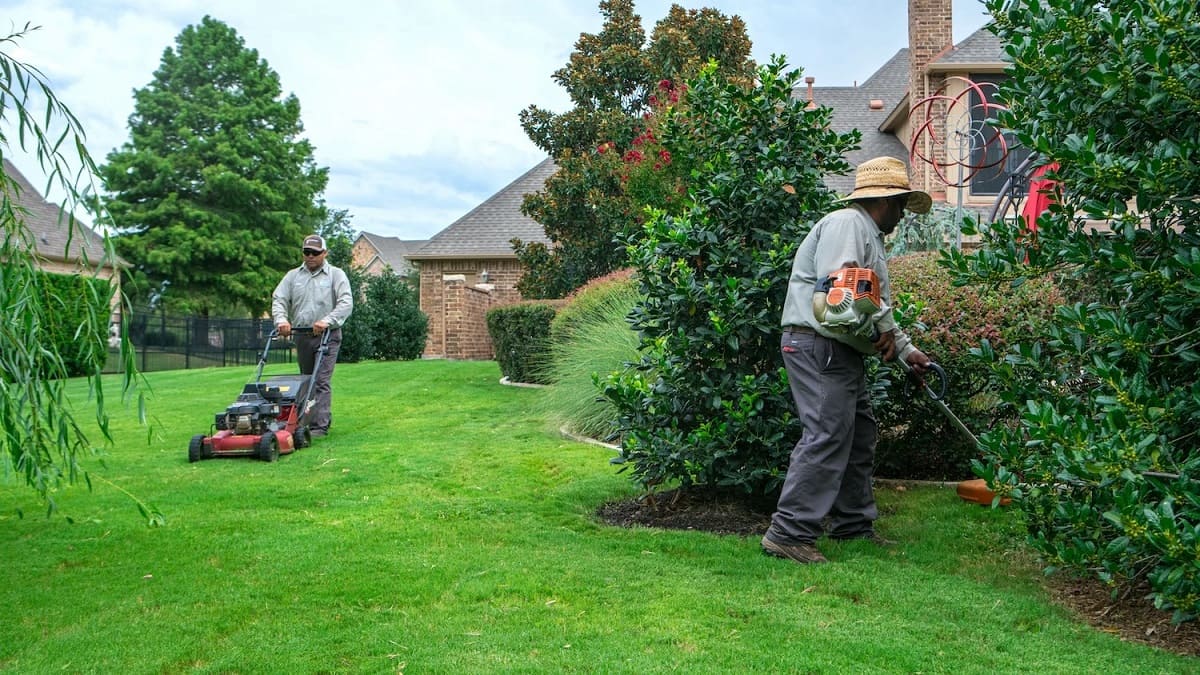


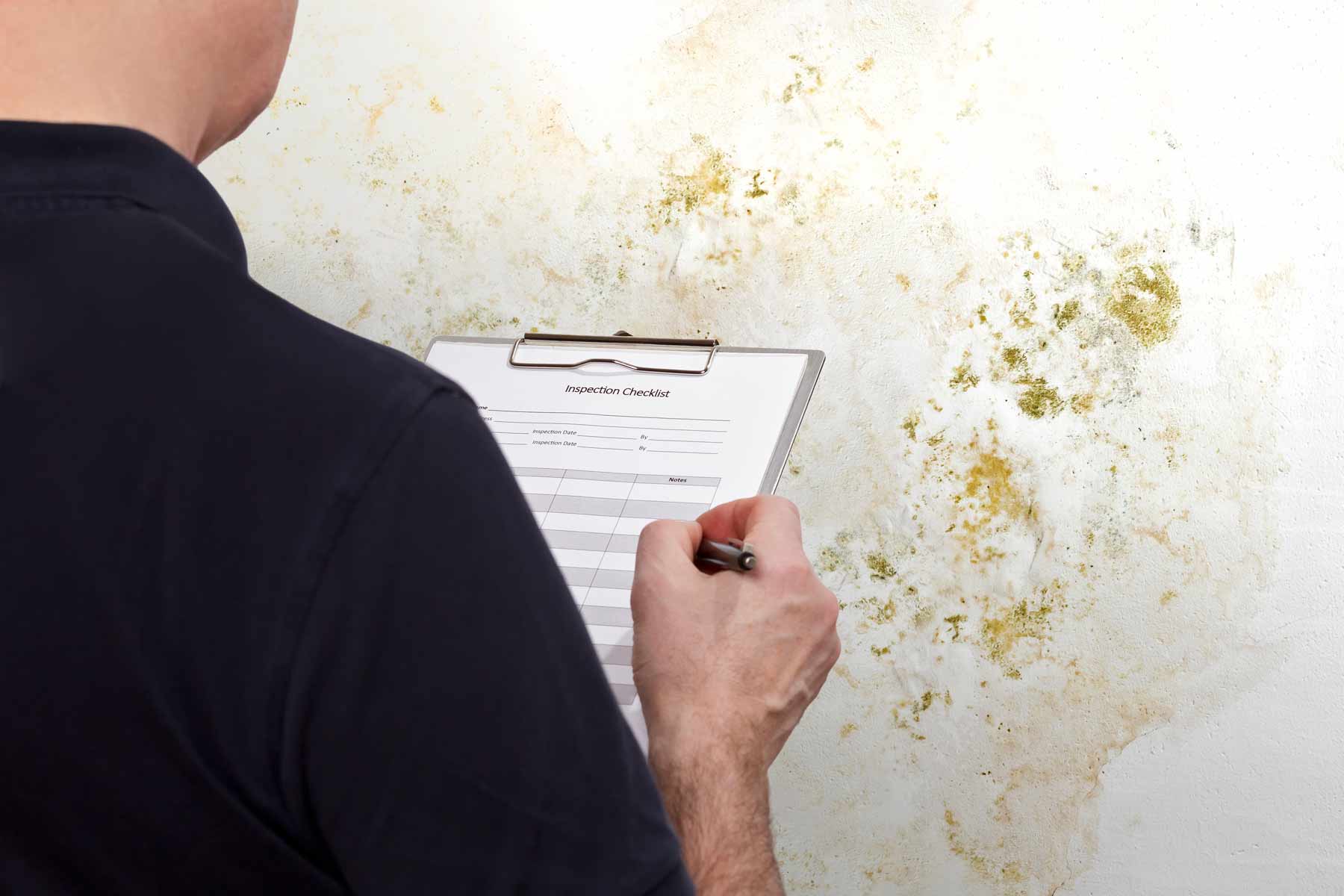
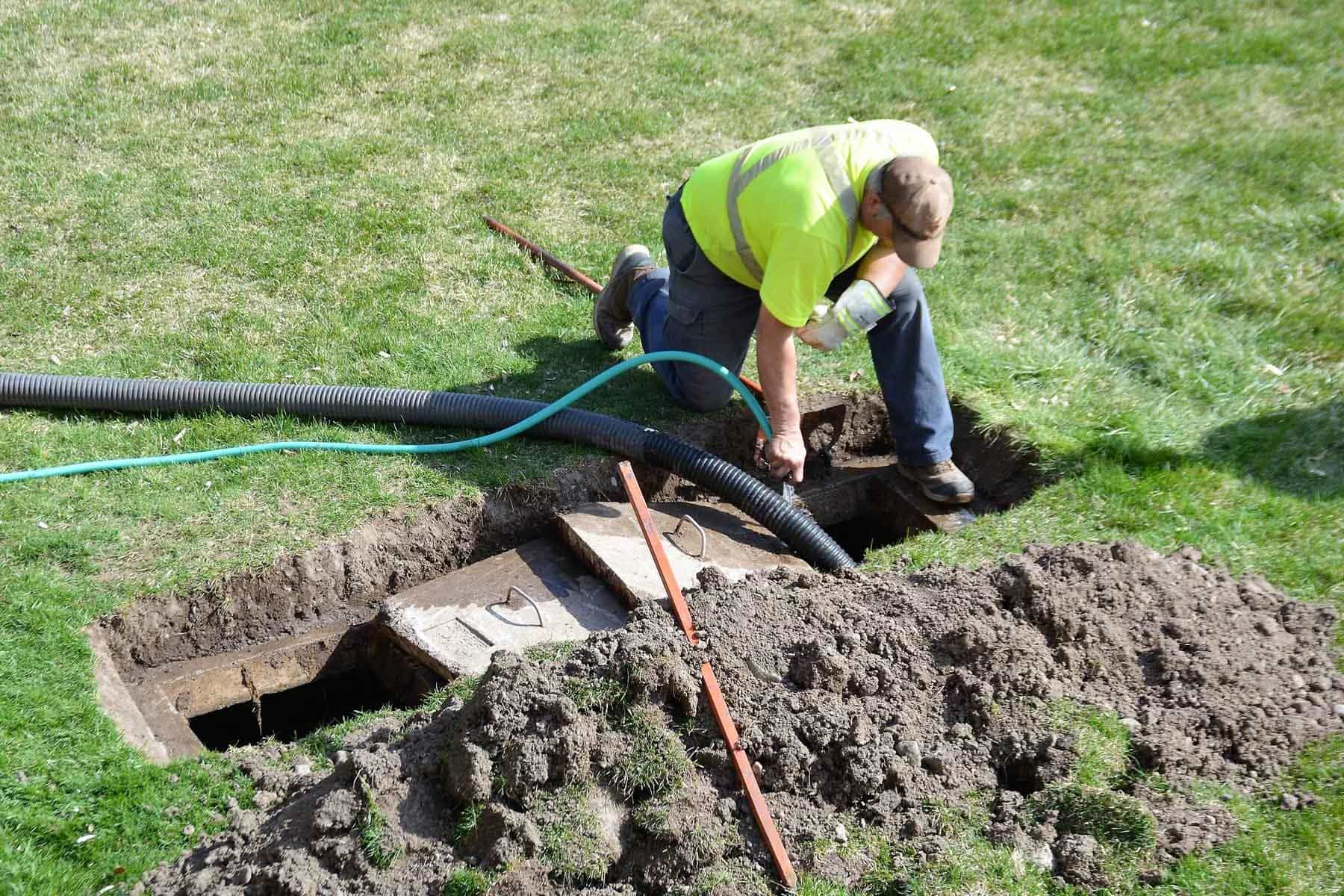
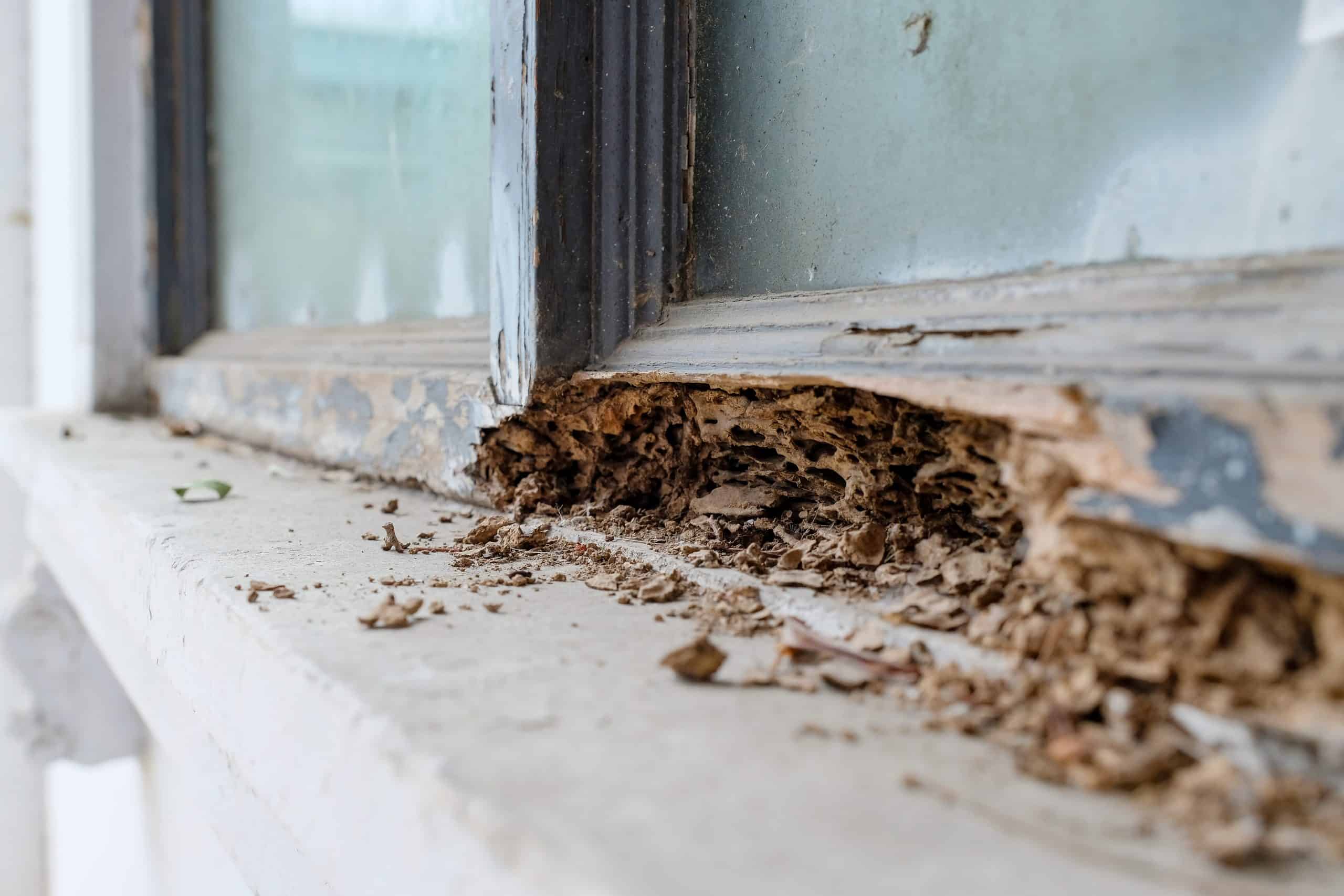

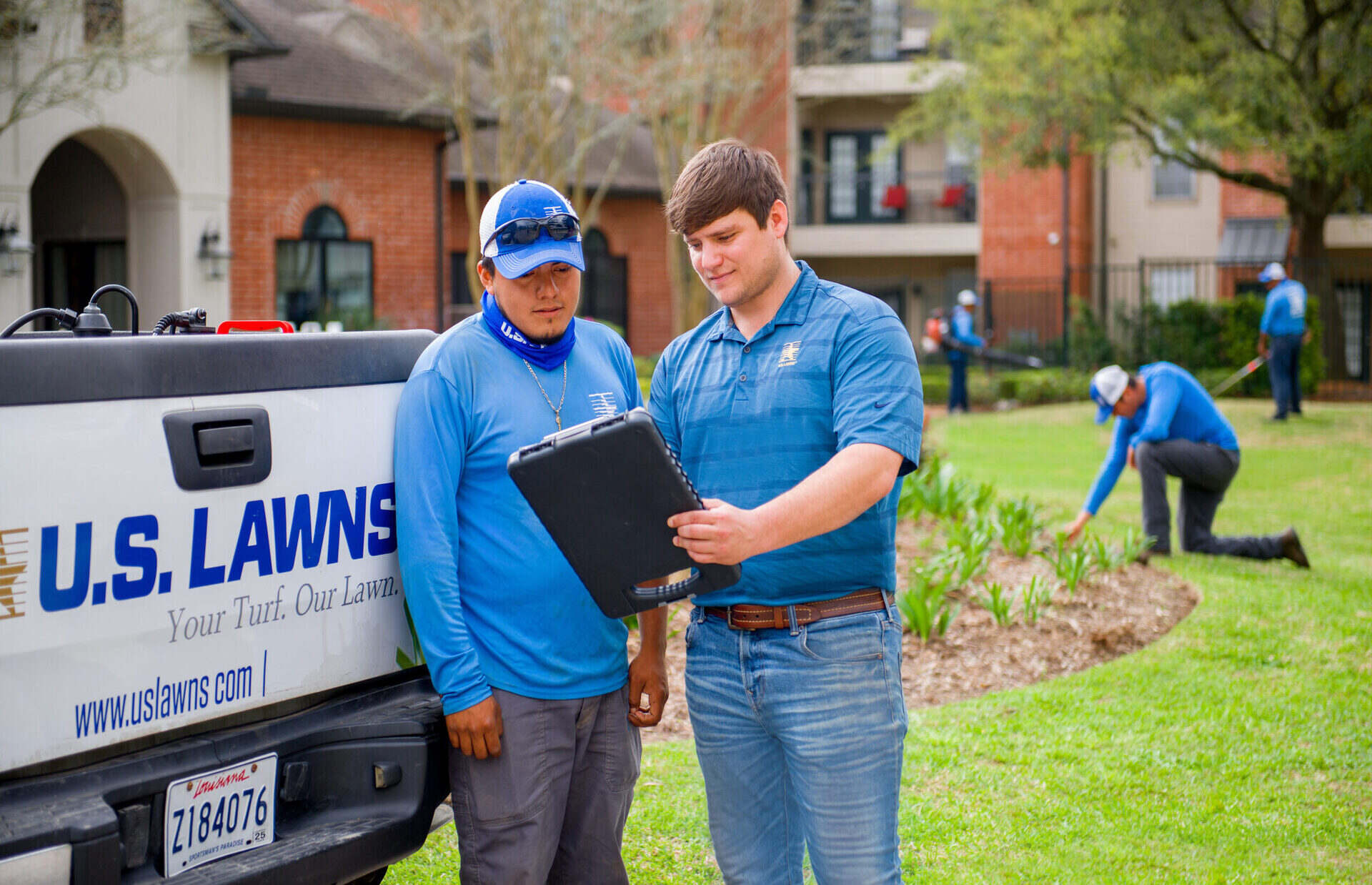

0 thoughts on “Who Pays For Lawn Care In Rental”